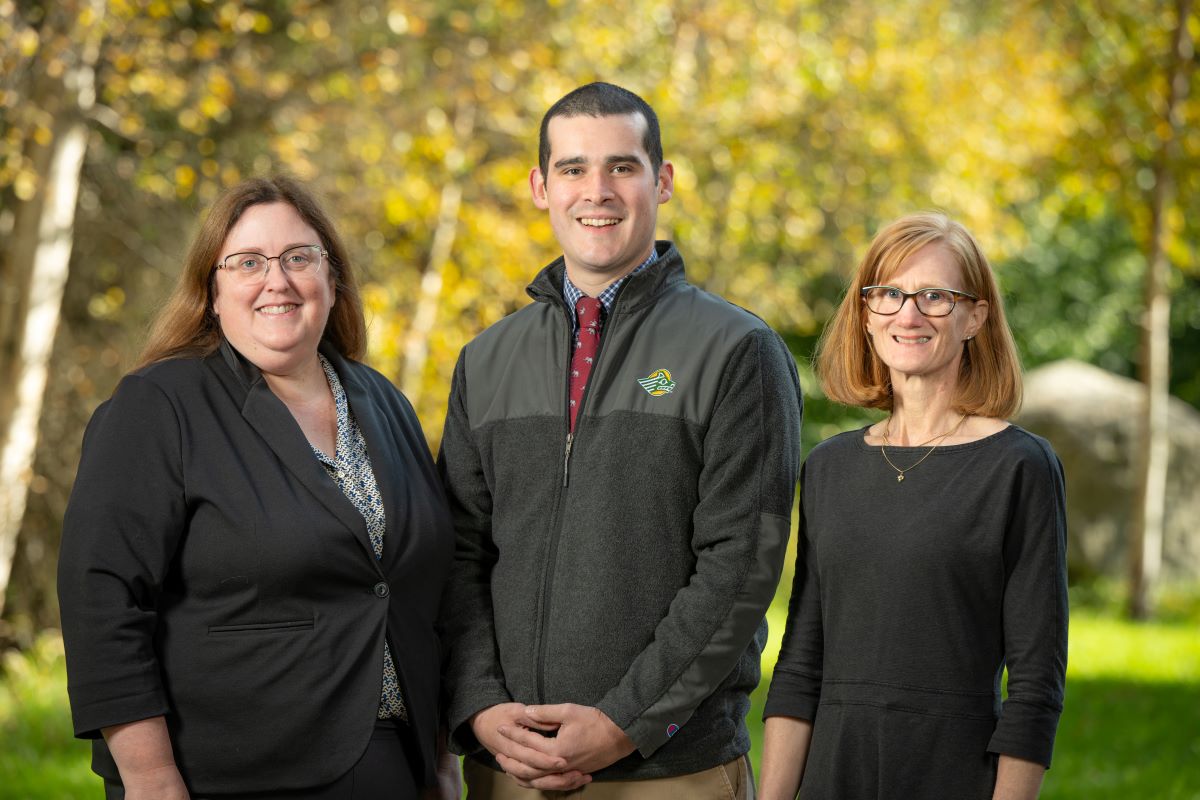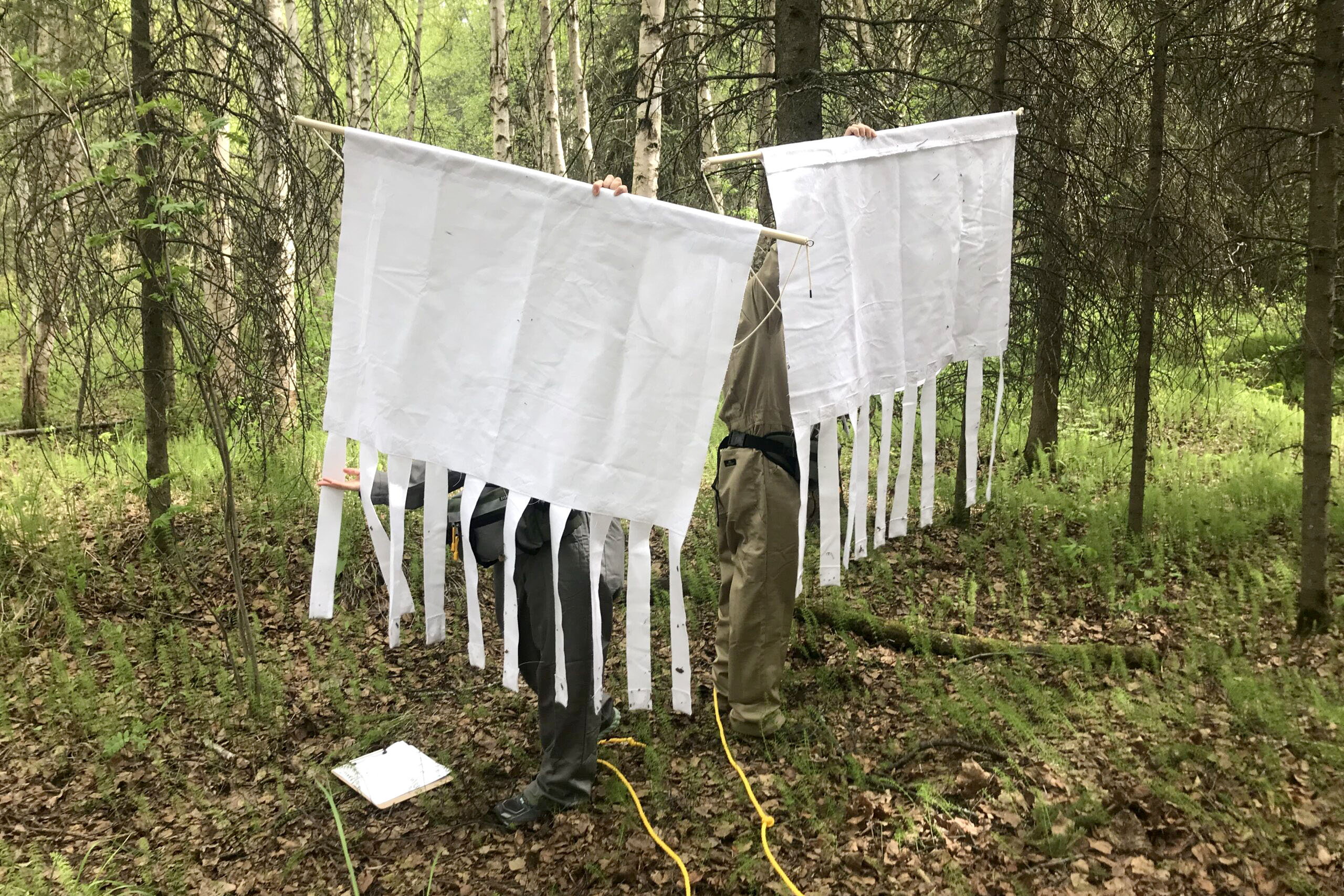UAA researchers are defining what ‘hot weather’ means in Alaska
Alaska is prepared to handle harsh winter weather, but climate change has triggered a new threat – heat. Micah Hahn with the Institute for Circumpolar Health Studies (ICHS) is teaming with the National Oceanic and Atmospheric Administration’s Alaska branch to develop the state’s first hot weather warning system based on the local temperature threshold.















